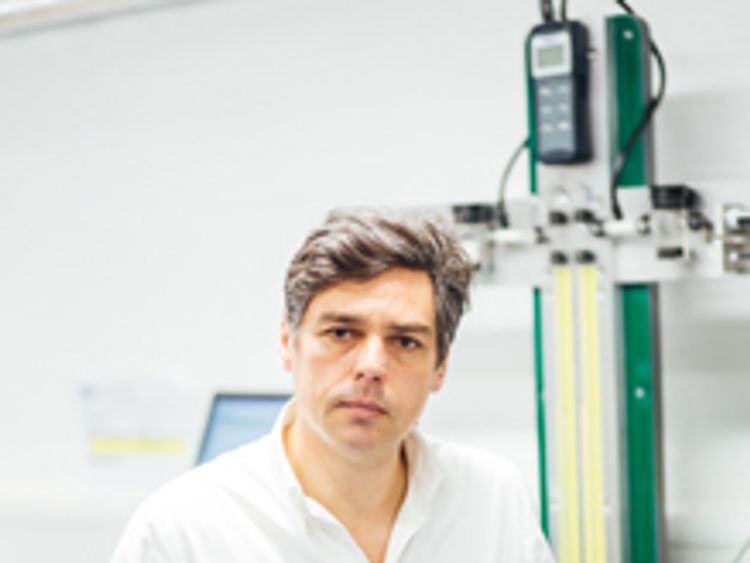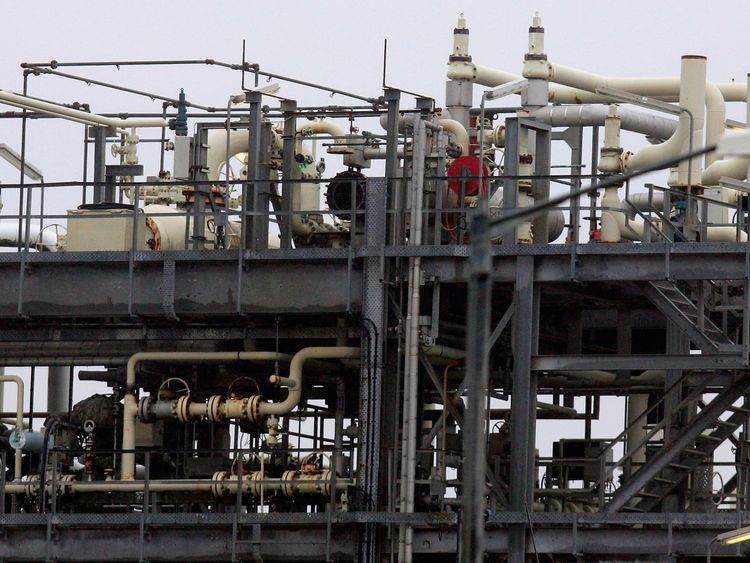It is hoped that many costly, not to mention disruptive, sets of roadworks will soon be consigned to history because of micro-robot technology.
The government has announced investments totalling £7.2m in a series of research projects to allow for pipework and tunnel repairs under roads without having to dig them up.
Another £19m will fund research into how the technology could aid other areas.
It is hoped one centimetre long micro-robots will be able to locate and mend pipes, as well as cables – potentially saving the economy £5bn annually.
It could also boost productivity as fewer motorists and loads get stuck.
University of Sheffield Professor Kirill Horoshenkov is leading a consortium of scientists from Birmingham, Bristol and Leeds universities to develop the technology.
They are to get a total of £7.2m in the form of a grant while the other £19m is to be shared by other scientists researching the use of robotics in hazardous environments such as nuclear decommissioning work.

They include drones for oil pipeline monitoring and artificial intelligence software to detect the need for repairs on satellites in orbit.
The aim is to create airborne and underwater micro-robots.
Science minister Chris Skidmore said: "While for now we can only dream of a world without roadworks disrupting our lives, these pipe-repairing robots herald the start of technology that could make that dream a reality in the future.
"From deploying robots in our pipe network so cutting down traffic delays, to using robots in workplaces to keep people safer, this new technology could change the world we live in for the better."
More from Science & Tech

Head of the UK Research and Innovation fund, Professor Sir Mark Walport, added: "The projects announced today demonstrate how robots and artificial intelligence will revolutionise the way we carry out complex and dangerous tasks, from maintaining offshore wind farms to decommissioning nuclear power facilities.
"They also illustrate the leading role that the UK's innovators are playing in developing these new technologies which will improve safety and boost productivity and efficiency."
[contf] [contfnew] 
Sky News
[contfnewc] [contfnewc]







